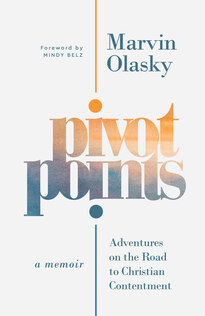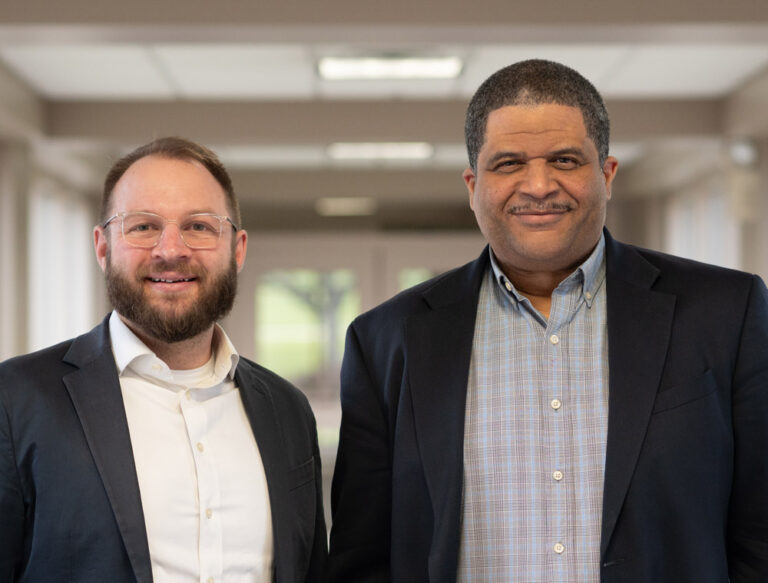We asked five Cairn University faculty to recommend either a book they are currently reading or a book that they have read previously that they believe all Christians should read. Here are there responses:
Dr. Kevin McFadden, professor of New Testament
Pivot Points by Marvin Olasky
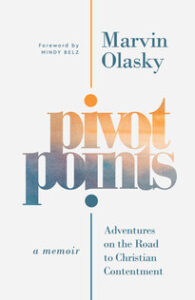
“This is a brief memoir by Marvin Olasky, the long-time editor of World Magazine. Olasky lived a fascinating life, and his punchy style makes this book a quick and interesting read. He was converted to Christianity in his doctoral studies, and his conversion made a profound impact on his life and work. In the end of the book, he explains his reasons for resigning from World Magazine, which readers may find helpful whether they agree with him or not.”
Phil Feather, assistant professor of sport management
The Wright Brothers by David McCullough
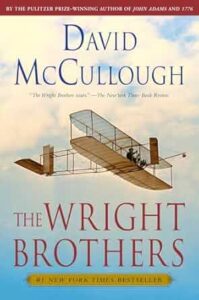
“I was intrigued to learn what set these brothers apart—what drove them to succeed and persevere during this important time in our country’s history. McCullough is very meticulous in describing the invention process as the brothers pushed on, adapted, and made changes. Although it appears uncertain as to their religious beliefs, many writings allude to a Christian foundation. One quote I especially liked (from Wilbur) is ‘A man who works for the immediate present and its immediate rewards is nothing but a fool.’ The Wright Brothers clearly had a forward and upward-thinking focus.”
Dr. Scott Watson, associate professor of music
How the Irish Saved Civilization by Thomas Cahill
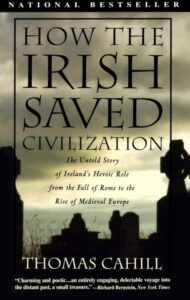
“This was the first in a series of books by Cahill called ‘the hinges of history,’ which deal with seminal events on which the history of mankind pivots. In this one, the story of the real-life Saint Patrick is told, whose kidnapping from Britain by Irish raiders, escape, then return to Ireland as a Christian missionary led to the establishment of churches and subsequent copying by Celtic monks of volumes of Greek and Latin classics that would otherwise have been lost to Western civilization when the Barbarians sacked Rome in 410 AD.”
Dr. Sheryl Vasso, faculty, School of Education
Dear and Glorious Physician by Taylor Caldwell
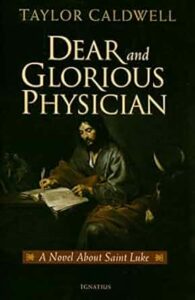
“I recently read Taylor Caldwell’s historical fiction, Dear and Glorious Physician, which took Caldwell over 40 years to complete. The main character is Lucanus, who became one of the greatest physicians of the ancient world. Lucanus never saw Jesus, but he went on a quest to learn about the life and teachings of Jesus. Lucanus visited all the places where Jesus had been, questioning everyone—including his mother, Mary—who had known him or heard him preach. At last, when he had gathered all information possible, he wrote down what we now know as the Gospel according to Luke.
Set against the backdrop of the Roman Empire, the novel explores Lucanus’ struggles, doubts, and moral dilemmas as he grapples with his faith, professional identity, and the societal expectations of his time. The novel also reflects Caldwell’s exploration of universal themes such as love, sacrifice, and the human condition, which should resonate with the reading audience. Anyone interested in history, spirituality, or the timeless quest for understanding and compassion may find this book thought provoking.
While it did not take 40 years to read the 600+ pages of this book, it did require a serious investment of time to complete and it was well worth it!”
Helen Gelinas, faculty, School of Liberal Arts & Sciences
An Infinite Fountain of Light, Jonathan Edwards for the Twenty-First Century by George Marsden
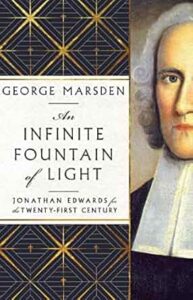
“Marsden is the world’s preeminent Edwards scholar and author of two biographies of Edwards. In this slim volume, Marsden acts as a ‘translator’ for Edwards, distilling and extracting gems that can otherwise be unearthed “only through a lot of deep mining.” Marsden addresses a broad spectrum of present-day believers, particularly those who see themselves as close to ‘that trans-denominational heritage that C.S. Lewis called “mere Christianity.”’ He also balances contemporary questions, raised in Edwards’ time as well, concerning genuine versus superficial responses to God’s grace. The result is a compelling and beautiful book, one that can be taken up again and again for insights and inspiration, such as Edwards’ concept of Creation— in contrast to that of the deist Franklin’s—as ‘a personal expression of the exploding, overflowing love of the loving triune God.’”


